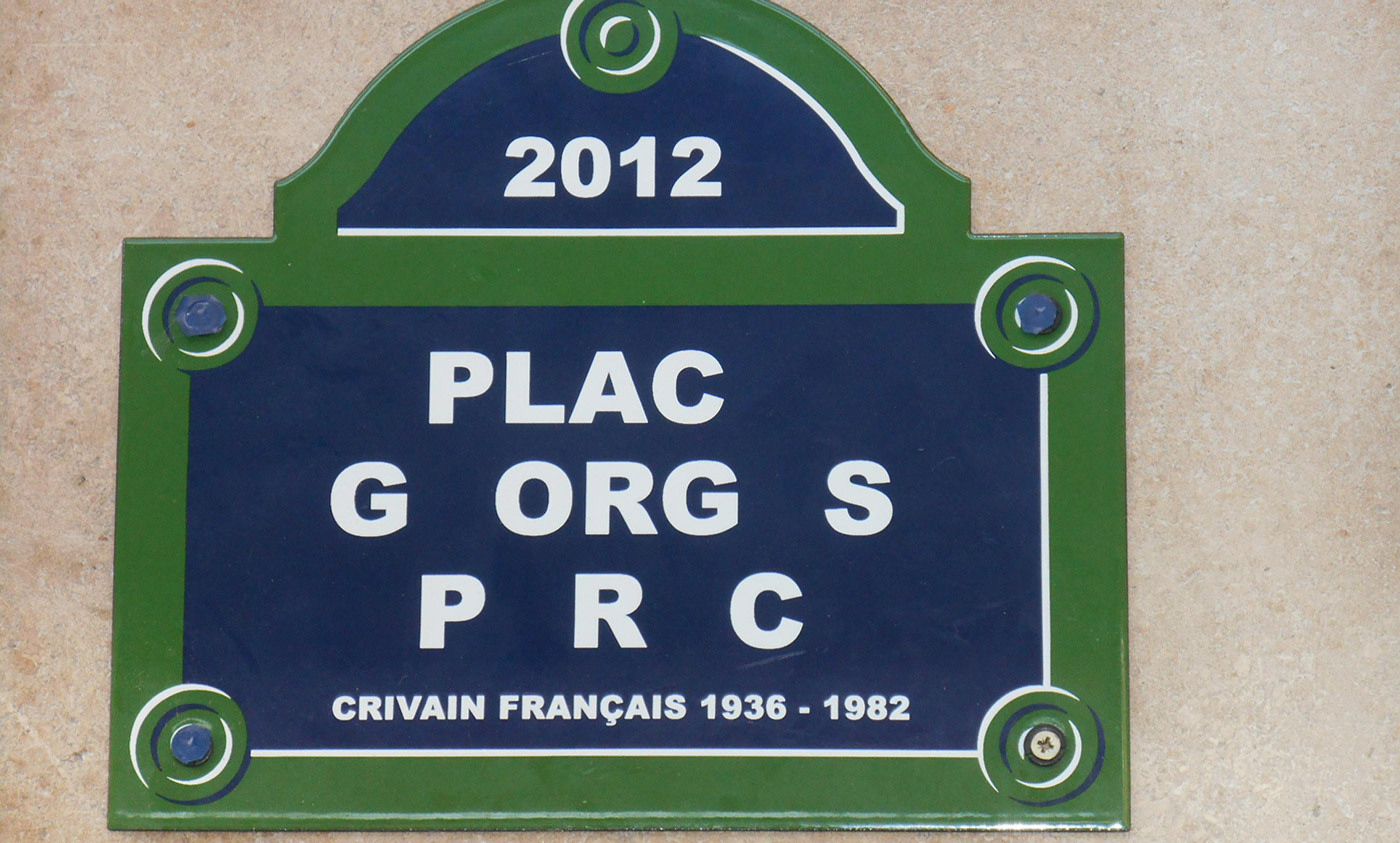Han Cheng Yeh/Flickr
Last year, a reporter in the Guardian described how the Man Booker Prize judges spent ‘a summer… devouring novel after magnificent novel’, culminating in their selection of ‘a (baker’s) dozen’. This is nothing unusual. The language of eating is often used to describe reading habits. If pressed for an explanation, one might say that to ‘devour’ books is to do something positive. It implies intense appreciation on behalf of the reader, and suggests that books in themselves are enjoyable and delicious, like warm pastries.
This metaphor, however, hasn’t always seemed so benign. Two hundred years ago, describing someone as ‘devouring’ a book would have been an act of moral censure. The long, turbulent relationship between reading and eating is invisible to modern eyes, yet in our media-soaked culture, it is more pertinent than ever. The unexamined language of ‘devouring’ idealises one kind of reading at the expense of others, leaving readers impoverished.
For millennia, reading’s connection to eating has reflected its centrality to social power and responsibility. Some of the oldest reading images have their roots in the Bible: Ezekiel and John, for instance, literally eat manuscripts during divine visions, representing their role as revelatory agents. This idea of the reader as a mediator of knowledge has had longstanding cultural resonance. Especially in semi-literate communities, those with skills to interpret texts occupied unique positions of power.
Renaissance reader-scholars developed a conviction that not all reading was equal. While their eating imagery sometimes distinguished between kinds of books (as in Francis Bacon’s adage that ‘[s]ome books are to be tasted, others to be swallowed’), first and foremost it distinguished between different kinds of readers. The ancient conception of the social significance of reading now found expression as the ethical obligation to respond well to texts.
Bad reading, in the 17th century, was like indigestion: practices of shallow, piecemeal or heavy reading were thought to affect personality, conversation and health. Ben Jonson’s play Poetaster (1601), provides a graphic example. In its climax, the pseudo-poet Crispinus actually vomits up his pretentious neologisms, revealing that his course of reading has been crude and hasty. Jonson wrote that aspiring authors should read:
Not, as a Creature, that swallowes, what it takes in, crude, raw, or indigested; but, that feedes with an Appetite, and hath a Stomacke to concoct, divide, and turne all into nourishment.
The language of ‘nourishment’ gives this distinction a moral inflection through an association with the edible Word of Christianity. If reading matter remains indigested, Jonson suggests, one’s spiritual economy becomes clogged. His work shows how the reading/eating discourse became a rhetorical code for claims to literary, social and religious distinction.
In the 18th century, writers began to distinguish between appetite (the connection between reading and the body) and taste (connection between reading and the mind). Hobbesian philosophy had depicted humanity as a cesspit of ungoverned appetite, and the poetry of Restoration Court culture made the bodily realm seem crude. Against these forces, the civilising discourse of taste was marshalled: appropriate literary desire was reimagined as a matter of the palate. Good reading became a sanitised activity, common to polite community. Those who craved, gobbled and devoured texts were, by implication, vulgar.
Novels particularly were associated with such habits of consumption, for they became a symbol of the newly accessible literary market. Commentators described them as feeding unwholesome appetites. In turn, certain readers were linked to novel-imbibing habits, particularly women. Describing their reading as consumption was a way of denigrating them, for it positioned them as vulnerable, ignorant and morally contagious. Gustatory metaphors often implied that women read according to the flesh, in contrast to the disembodied realm of ‘rational’ masculinity.
Yet the language of digestion retained a positive hold. Educational manuals, essays and advice books pitted ‘digestion’ against ‘devouring’ in order to slow down the increasingly fast-paced reading habits of their modern world, realigning reading with the process of character formation. ‘Readers may cram themselves in vain with intellectual Food… for want of digesting it by proper Reflections,’ cautioned Isaac Watts in The Improvement of the Mind (1741). This distinction allowed writers to position ‘digestive’ reading as an ethical ideal, while condemning ‘devouring’ as unthoughtful and hedonistic.
What happened to this contrast? Although it represented a way of thinking about reading that lasted for centuries, it has been eclipsed by modern-day concerns. To start with, 20th-century commentators attacked the social discrimination of ‘consumption’ language. Janice Radway’s ‘Reading is Not Eating’ (1986), for example, exposed elitist attitudes towards readers of popular romance, showing how metaphors can structure contemporary prejudice. The opposition between digesting and devouring became an unfashionable one after the 1980s, laden with politically incorrect connotations.
This defensiveness about popular reading now coincides with another phenomenon: the fear that reading might lose its cultural potency completely. This is why the language of reading-as-devouring is rehabilitated, with its unprecedented positive spin. ‘Devouring’ is reclaimed because, at its base, it signifies interest. And in a world where Facebook, WhatsApp and Netflix compete for our attention, any interest in good old-fashioned reading is encouraged at all costs.
Ironically, however, the tendency to endorse any kind of reading as good reading fosters new assumptions about what good reading entails. ‘Devouring’ implies a certain tempo – it idealises the fast-paced reading experience. It also promotes a certain kind of writing, as the Guardian’s description of the Booker panel shows. If a book grips us, if it sucks us in like a Hollywood thriller, it’s doing its ‘job’. Any work that elicits a slower, more ruminative reading experience is cast as defective. Any reading strategy that resists or disrupts the linear drive of the page-turner is dismissed.
The reading language of the past contains something precious that needs to be preserved, indeed celebrated, in the present. For centuries the rich contrasts of the reading-eating spectrum expressed a conviction that different kinds of reading mattered, and this conviction would serve us well in our media-fraught world. ‘Just reading’ is not good enough: we need to revive reading’s diversity. The language of digestion encourages slowed-down reading habits (along Slow Food lines). It reminds us to be more attentive to the subtle ways in which texts have been put together by their creators – to think before just bingeing upon pages.






